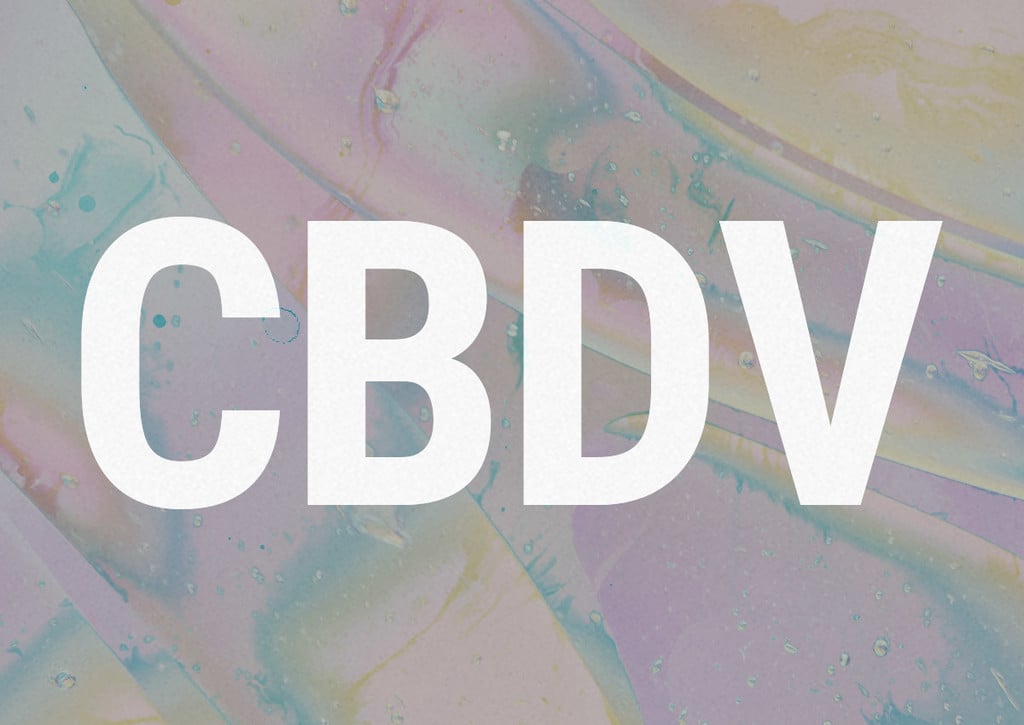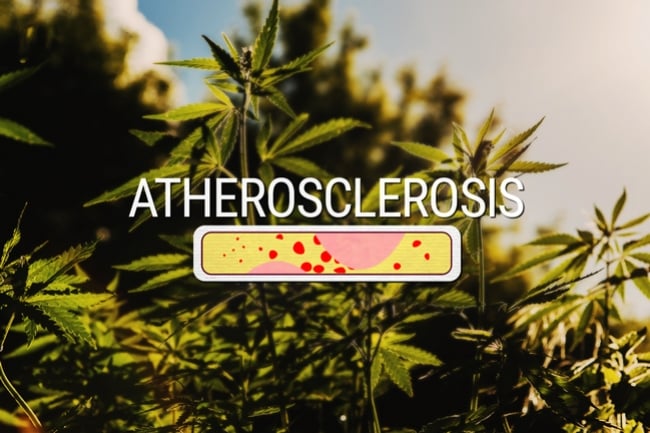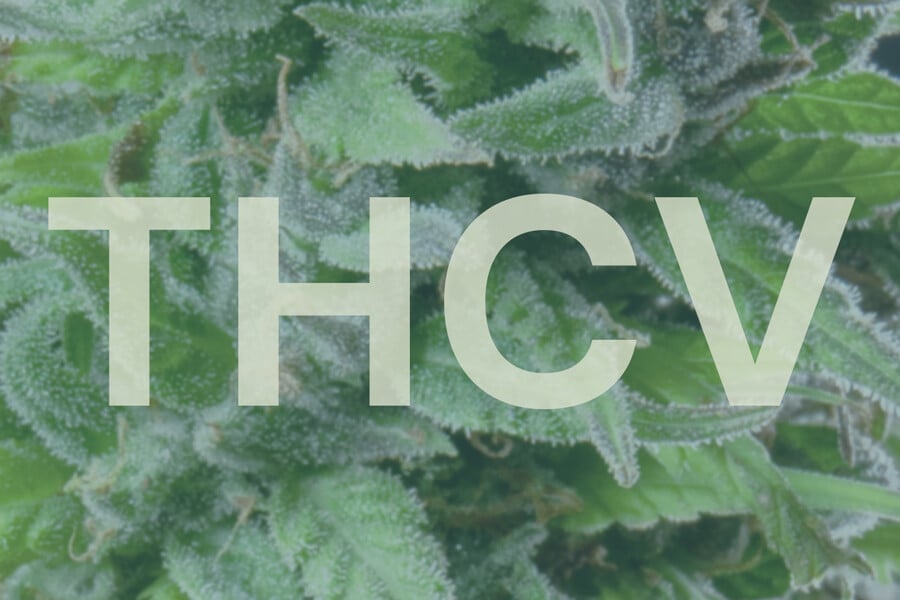.
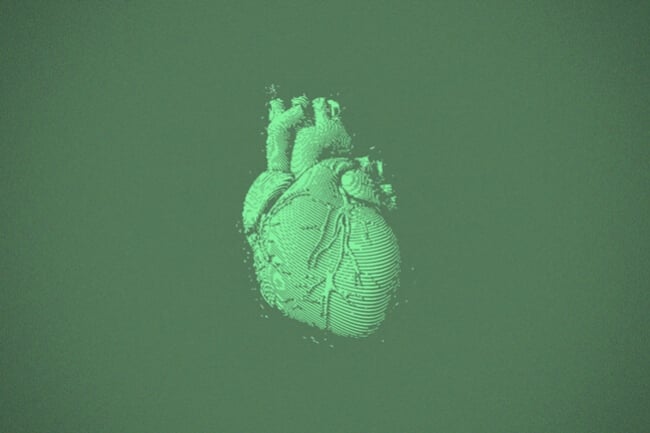
How Does Cannabis Impact Heart Health?
How does cannabis impact the cardiovascular system? Researchers are still examining the tip of this iceberg. Although millions use cannabis without any issues, ongoing studies are exploring the links between marijuana use and heart conditions such as heart disease, heart attack, and blood pressure changes. Find out everything you need to know.
Contents:
Very little consensus exists on the long-term effects of cannabis. Decades of prohibition have stalled the progress of human trials surrounding the herb, and zealots on both sides cloud the truth with bias. While some voices label cannabis as a dangerous drug, others claim the herb is addiction-proof and has never been linked to any sort of death. Though the debate primarily rages around mental maladies, what does smoking cannabis frequently do to your heart?
The deleterious effects of smoking tobacco on the cardiovascular system are well-known. But how does inhaling cannabis compare? Let’s take a dive into the research to see what science has discovered so far.
How Does the Heart Work?
You learned about the heart in biology class. It’s the fist-sized muscle that sits just left to the middle of your chest. This engine of the cardiovascular system pumps 100,000 times each day and circulates approximately 5 litres of blood around a complex system of arteries, veins, and capillaries.
The heart features four chambers; two upper sections (atriums) and two lower (ventricles). Specialised valves sit between each chamber, creating a one-way system that prevents blood from flowing backward. The heart connects to a series of large arteries (vessels that carry blood away from the heart) and veins (vessels that carry blood back to the heart).
As the heart contracts, deoxygenated blood leaves the right ventricle via the pulmonary artery and makes its way toward the lungs. Here, red blood cells bind to oxygen molecules and deposit carbon dioxide before being swept back into the left atrium by way of the pulmonary veins, and onward into the left ventricle. From here, the heart pumps oxygenated blood into the systemic arteries, where red blood cells deliver enriching oxygen to all of the cells of your body.
As these vital transporters gift cells with oxygen, they also scoop up carbon dioxide (a waste product of cellular metabolism). After doing business with the other cells of the body, red blood cells are swept away in veins and into the lungs to exchange carbon dioxide for more oxygen, before entering the heart and systemic circulation once again.

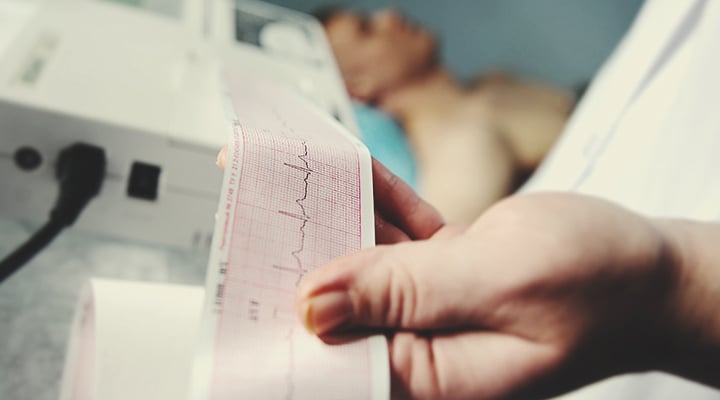
Electricity Keeps the Whole Show Running
The heart doesn’t just randomly pump. Like all muscles in the body, the central nervous system governs how and when the heart contracts through electrical signals. Not only does the electrical system of the heart control heart rate, but it sends a signal across the entire heart that contracts each part of the heart muscle in the correct sequence.
This impulse starts at the sinus node (the heart’s pacemaker), positioned at the right atrium. If you’ve ever received an electrocardiogram (EKG) at the doctor’s, you’ll have seen the electrical impulse of the heart in the form of a printed graph.
Common Heart Ailments
A healthy heart contributes to overall good health. Optimal heart rate and blood pressure keep things flowing smoothly and ensure the adequate delivery of oxygen and nutrients to the cells of your body. But lifestyle and genetic factors mean heart health often takes a turn for the worse. Below, you’ll learn about four of the most common conditions affecting the heart.
-
Coronary Heart Disease
As the most common form of heart disease, coronary heart disease killed over 360,000 people[1] in the United States alone in 2019. The condition arises when the arteries become blocked by a buildup of fatty substances. Symptoms of coronary heart disease include chest pain, shortness of breath, feeling faint, and feeling sick.
-
Heart Failure
Heart failure occurs when the organ becomes stiff and weak. Because of this, the heart fails to pump blood around the body optimally. This chronic condition becomes worse over time, and no cure exists. Heart failure resulted in almost 380,000 deaths[2] in the United States in 2018. The condition inflicts symptoms such as breathlessness, fatigue, and swollen legs and ankles.
-
Heart Attack
Heart attacks, also known as myocardial infarctions, occur when the flow of blood to the heart becomes obstructed. This lack of blood, often caused by a clot, means a lack of oxygen, which can cause serious damage to the heart, and sometimes even death. Coronary heart disease remains the leading cause of heart attacks. Clots form as the fatty deposits on the walls of arteries break away. The symptoms of a heart attack include chest pain, shortness of breath, an overwhelming feeling of anxiety, and pain in the left arm.
-
Myocarditis
Myocarditis literally means inflammation of the heart muscle. Around 1.5 million cases[3] are detected across the world each year. This type of inflammation can arise for several reasons, including viral infections and reactions to medications. The symptoms include chest pain, fatigue, and rapid or irregular heartbeat.


How Does Marijuana Affect Heart Function?
Now you know how the heart works, and you’re aware of the most common conditions affecting the organ. But how does cannabis affect heart function? Emerging research has discovered ties between cannabis use and an increased risk of heart ailments. But some studies paint a different picture. Although smoking cannabis poses a danger to some users, the herb is also being studied for its potential to help combat illnesses of the heart.
Cannabis and Heart Disease Risk
Is smoking weed bad for your heart? Some evidence suggests that cannabis use may lead to an increased risk of developing heart disease. Science has previously identified smoking tobacco as a major risk factor in heart disease[4]; cigarette smoke contains chemicals that damage heart function. Although tobacco and cannabis smoke differ in their contents, they do contain many of the same toxins and carcinogens[5] that impact the heart.
Researchers from the University of Guelph in Canada set out to see if exposure to these chemicals correlated to an increased risk of heart disease. They recruited 35 subjects (half were cannabis users), aged 19–30, in hopes of identifying how smoking cannabis while young[6] could impact heart disease risk later down the line.
Using ultrasound imaging to examine their hearts and arteries, they found greater arterial stiffness and lower cardiac function in cannabis users—two indicators of potential disease risk. Despite these findings, more human trials and epidemiological observational studies are required to get a real idea of how smoking cannabis impacts heart disease risk. On top of this, fewer cannabis users are smoking weed, opting for safer methods of consumption[7] instead.
Weed and Blood Pressure
The research surrounding cannabis and blood pressure remains murky. Ongoing studies are exploring if cannabis might help to reduce blood pressure[8] in elderly populations with hypertension (high blood pressure). Considering hypertension is a precursor to heart disease, any positive findings here could change the way doctors treat the condition.
However, opposing findings have so far quelled any optimism. A national survey involving 1,000 participants found that cannabis users had a higher risk of death[9] associated with hypertension compared to those that didn’t use the herb. Although this investigation suggests that tobacco and cannabis smokers may face the same health risks, further studies are required to identify factors related to underlying physiology. As your science teacher reiterated: correlation doesn’t equal causation.
Moreover, different cannabis constituents appear to impact blood pressure differently. While certain studies claim THC raises heart rate and blood pressure[10], others show how moderate doses of CBD, a non-intoxicating cannabinoid, produce no changes in these variables, and may even block the action of THC when administered together.
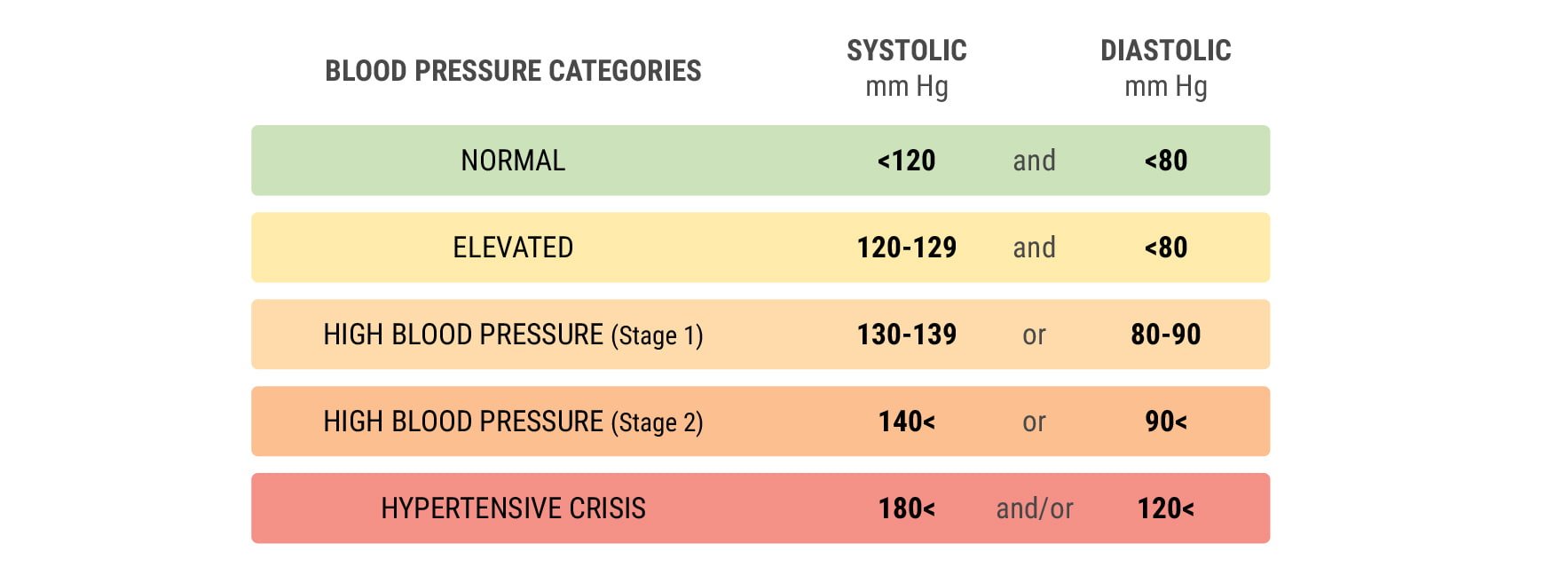
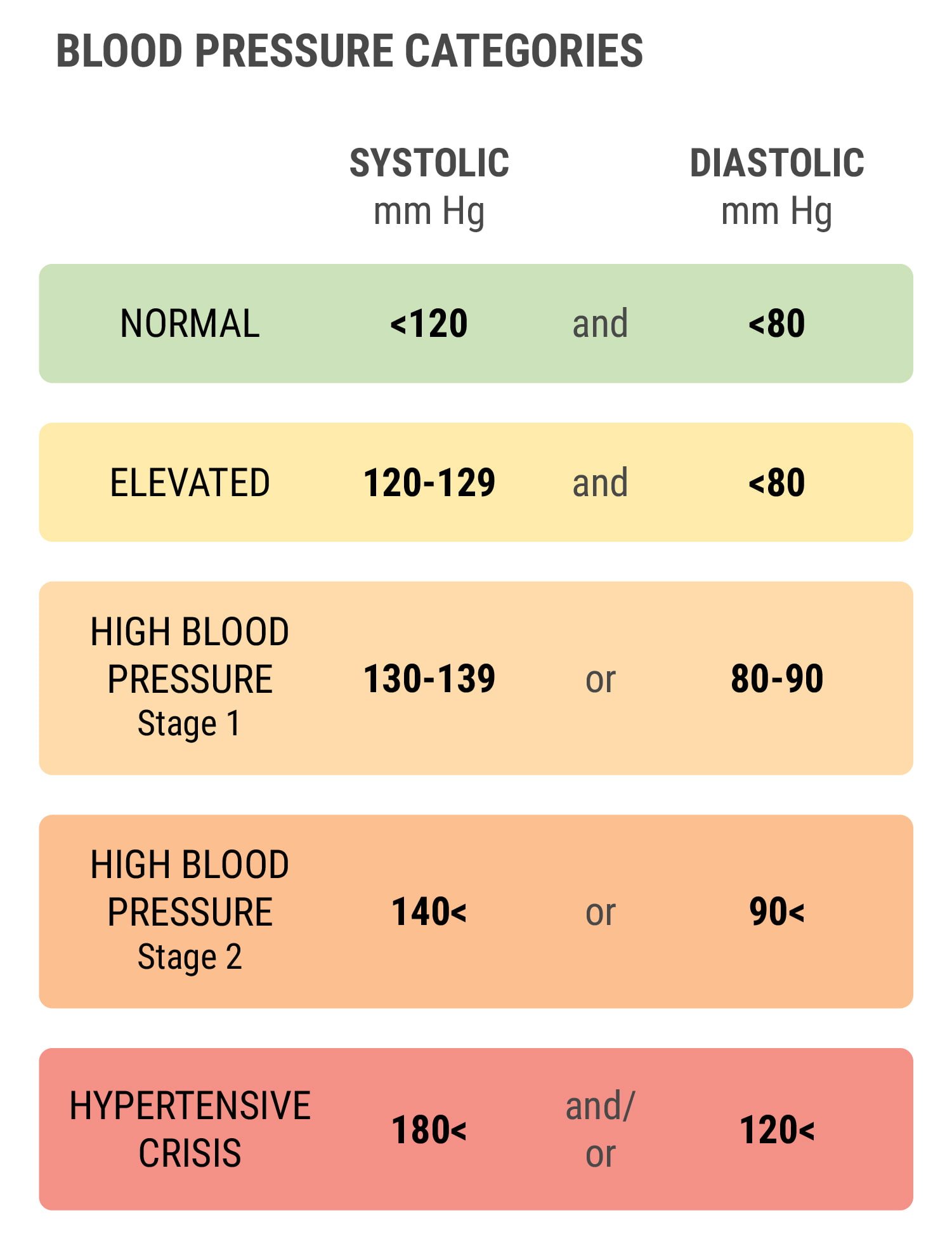
Cannabis and Heart Attack
Smoking cannabis could increase the risk of a heart attack in certain populations, including young adults. With cannabis use increasing among this age range, and still so little known about the effect of marijuana on heart health, researchers decided to investigate the association between cannabis use and heart attack[11], publishing their results in the Canadian Medical Association Journal in September 2021.
Although the number of heart attacks was small among the study participants, the researchers found that cannabis users were twice as likely to have experienced a heart attack. The likelihood increased further in those who used the herb frequently. Most cannabis users who had experienced a heart attack smoked the herb, but those that chose to vaporize or consume edibles also had higher odds of a history of heart attack.
A 2021 study published in the journal Circulation also explored the trend between young cannabis users and heart attacks[12]. The researchers focused on patients 18–49 years old diagnosed with cannabis use disorder (CUD)—a condition described as the continued use of cannabis[13] despite impaired psychological or social function.
The researchers gathered data from the National Inpatient Sample for the years 2007–2018 and found that 4.1% of patients hospitalised from a heart attack within the age group had CUD. Common findings among these patients include African American ethnicity, male gender, and psychiatric conditions. The authors of the paper concluded that these results warrant further research to prove an association between CUD and heart attack within the young population.
Does Cannabis Interact With Heart Medication?
Cannabis users should always consult their doctor before using the herb alongside any form of heart medication. The liver uses the same enzymes to break down THC as it does for blood pressure medication such as warfarin. As these enzymes get to work on the cannabinoid, few remain to properly metabolise certain medications.
Cannabis essentially increases the potency and duration of these medicines, which can result in a dangerous drop in blood pressure. CBD also captures the attention of key liver enzymes; a 2018 case report found that a patient taking CBD needed to reduce their warfarin intake[14] by 30% because of the metabolic changes caused by the cannabinoid. CBD can also interact with the heart rhythm medication[15] amiodarone.
Why Does Cannabis Cause the Heart To Race?
Does weed increase heart rate? Smoking cannabis can cause a variety of side effects, from feelings of euphoria all the way to paranoia and panic. Many users also experience an elevated heart rate after smoking a blunt or hitting a bong. While some brush this off with no concern, others start to freak out. But why does cannabis cause this sudden, and sometimes alarming, surge in heart rate?
Most of the time, it takes ample amounts of physical effort to send the heart rate soaring. A brisk walk elevates the heart rate to around 110–120 beats per minute (BPM), whereas a moderate run will push things to around 150bpm. One of the most common side effects of smoking cannabis[16] is a 20–100% increase in heart rate. That means, if you have a resting heart rate of 80bpm, your heart would race at up to 160bpm without even getting up from the couch.
Physicians refer to this phenomenon as tachycardia—a term describing a heart rate that’s too fast. Researchers pin the underlying mechanism on THC activating a type of cellular receptor known as transient receptor potential ankyrin type 1 (TRPA-1 for short). When the cannabinoid activates this site, it causes vasodilation (the relaxation and opening of blood vessels); the lack of pressure means the heart has to work harder to pump blood around the body.
However, a large increase in heart rate after smoking weed seems more exclusive to novice users. The body develops a rapid tolerance to cannabis, and cardiovascular side effects such as increased heart rate are less common in frequent users[17]. While millions of people smoke cannabis without experiencing adverse cardiovascular events, a minority of users with diagnosed heart problems are at risk of sudden death due to arrhythmia[18] (an abnormal heartbeat) following a rapid rise in heart rate.
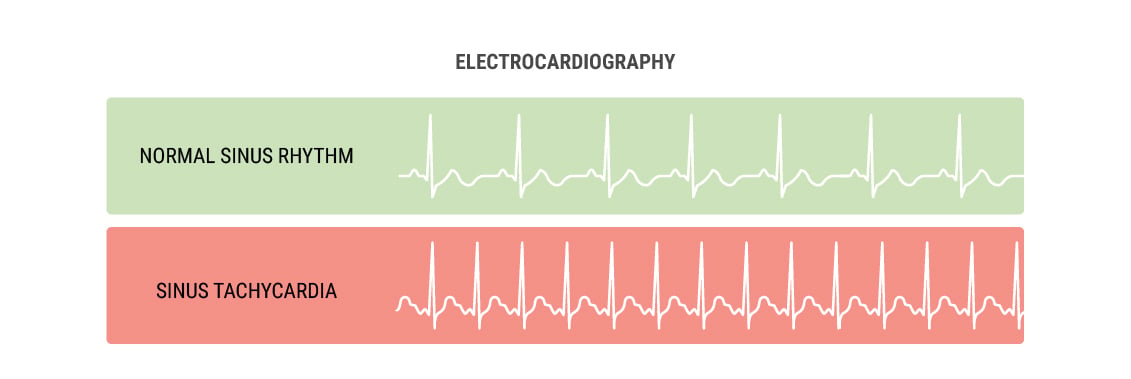
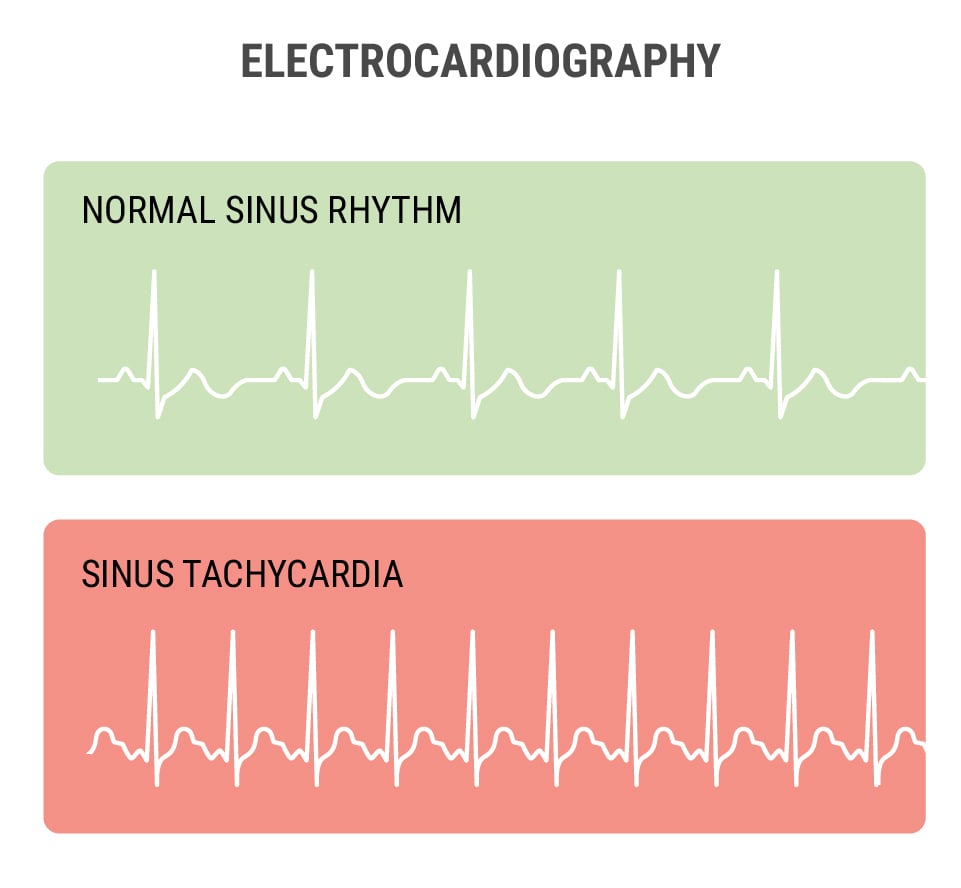
The ECS and the Cardiovascular System
It’s not all doom and gloom when it comes to cannabis and heart health. In fact, ongoing studies on the endocannabinoid system (ECS) and the heart are investigating cannabinoids for their potential in certain heart conditions.
The ECS serves as the universal regulator of the human body, and its receptors, enzymes, and signalling molecules show up in different cell types all over the body, including those of the cardiovascular system. The cannabinoids found in weed flowers are strikingly similar to those that our bodies produce, meaning they’re able to bind to the same receptors or influence the ECS through enzyme inhibition. Researchers are currently exploring the use of cannabinoids to modulate the ECS and manage the symptoms of a long list of health conditions.
Early preclinical data suggest that the ECS plays an important role both in the control of heart rate and blood pressure[19], as well as conditions that affect the heart and cardiovascular system. Studies are now exploring the role of cannabinoids in cardioprotection, with much attention aimed at the anti-inflammatory role[20] of CB2 receptors.
How THC and CBD Affect the Heart Differently
Calling cannabis, as a whole, a “drug” remains a common fallacy. Instead, cannabis is a plant that contains many different active substances, including over 100 cannabinoids. THC and CBD are the most abundant cannabinoids in most modern cultivars, and they affect the heart and endocannabinoid system in different ways.
THC binds to the main receptors of the ECS, namely CB1 and CB2. In contrast, CBD has little affinity with these receptors and instead targets the enzymes of the ECS, as well as a series of other receptors in the body. Because they target unique sites, cannabinoids produce different, and sometimes opposing, effects on the heart.
For example, studies examining how THC raises both blood pressure and heart rate are also investigating how CBD might block these effects[21] and potentially reduce resting blood pressure at high doses. Unfortunately, the data regarding the effects of THC, CBD, and other cannabinoids doesn’t go very deep. Human trials are limited, so we’ll have to wait a while longer for conclusive evidence to emerge.
What Does All of This Mean for Medical Cannabis Users?
So, where does all of this leave medical cannabis users? There are 3 million state-legal medical cannabis patients in the United States, and millions more all across the world. People are prescribed—or self-medicate with—cannabis to tackle the symptoms of a long list of health conditions.
Do the cardiovascular risks outweigh the benefits these people report experiencing? Are there better ways to consume cannabis to mitigate the dangers? Unfortunately, the lack of research means a lack of clear-cut answers. But there are a few things you should consider if you want to minimise the impact of cannabis use on your heart:
- Ditch tobacco (if you still use it): Many cannabis smokers still use tobacco alongside weed to role spliffs. Cutting tobacco from the equation will eliminate a whole host of chemicals that increase the risk of heart ailments.
- Switch to vaping: While vaping doesn’t sidestep the risks that THC imposes on heart health in some people, it does remove exposure to plenty of carcinogens and toxic chemicals compared to smoking.
- Go for edibles and oils: Many cannabis users wonder if edibles are bad for your heart. Edibles and oils remove inhalation from the picture altogether, and therefore do no immediate damage to the lungs. However, susceptible people are still at risk due to the possibility of increased blood pressure and heart rate.
- Stay as healthy as possible: Eating a balanced diet of whole foods and engaging in aerobic and resistance exercise will help to keep the cardiovascular system in top-tip shape, reducing the chances of adverse events.
- Consider CBD in place of THC: Limited research shows CBD may have less of an impact on blood pressure than THC. Opting for high-CBD cannabis flowers or oils works as a better strategy for some users.
- Stay calm when panic strikes: The sensation of tachycardia can cause some concern, especially when high. But panicking will only make matters worse. If you become alarmed, remember to breathe deeply, talk to a friend, and maybe watch a film to take your mind off things until the situation passes.
Ultimately, millions of people use cannabis every day, and for long periods of time, without encountering cardiovascular events. If you think you’re susceptible to the conditions mentioned above, discuss your cannabis use with a doctor to rule out any personal risks. For now, we’ll have to wait for more in-depth human studies to unveil the true association between cannabis use and heart conditions.
- Heart Disease Facts https://www.cdc.gov
- Heart Failure https://www.cdc.gov
- Viral Myocarditis https://www.ncbi.nlm.nih.gov
- Smoking and Your Heart https://www.nhlbi.nih.gov
- Marijuana and Lung Health https://www.lung.org
- Early cannabis use linked to heart disease https://www.sciencedaily.com
- Cannabis and Heart Disease: Forward Into the Great Unknown?∗ https://www.jacc.org
- Cannabis is associated with blood pressure reduction in older adults – A 24-hours ambulatory blood pressure monitoring study https://www.ejinme.com
- Marijuana linked to high blood pressure risk https://www.health.harvard.edu
- Cannabinoids and Cardiovascular System https://link.springer.com
- Recent cannabis use and myocardial infarction in young adults: a cross-sectional study https://www.cmaj.ca
- Abstract 13627: Increasing Trend of Cannabis Use Disorder Among Young Patients Admitted Due to Acute Myocardial Infarction https://www.ahajournals.org
- Cannabis Use Disorder https://www.ncbi.nlm.nih.gov
- Interaction between warfarin and cannabis https://pubmed.ncbi.nlm.nih.gov
- CBD and other medications: Proceed with caution https://www.health.harvard.edu
- Role of cannabis in cardiovascular disorders https://www.ncbi.nlm.nih.gov
- Cardiovascular System Effects of Marijuana https://accp1.onlinelibrary.wiley.com
- Role of cannabis in cardiovascular disorders https://www.ncbi.nlm.nih.gov
- At the heart of the matter: the endocannabinoid system in cardiovascular function and dysfunction https://www.cell.com
- Endocannabinoids and the Heart https://www.ncbi.nlm.nih.gov
- Cannabinoids and Cardiovascular System https://link.springer.com




























